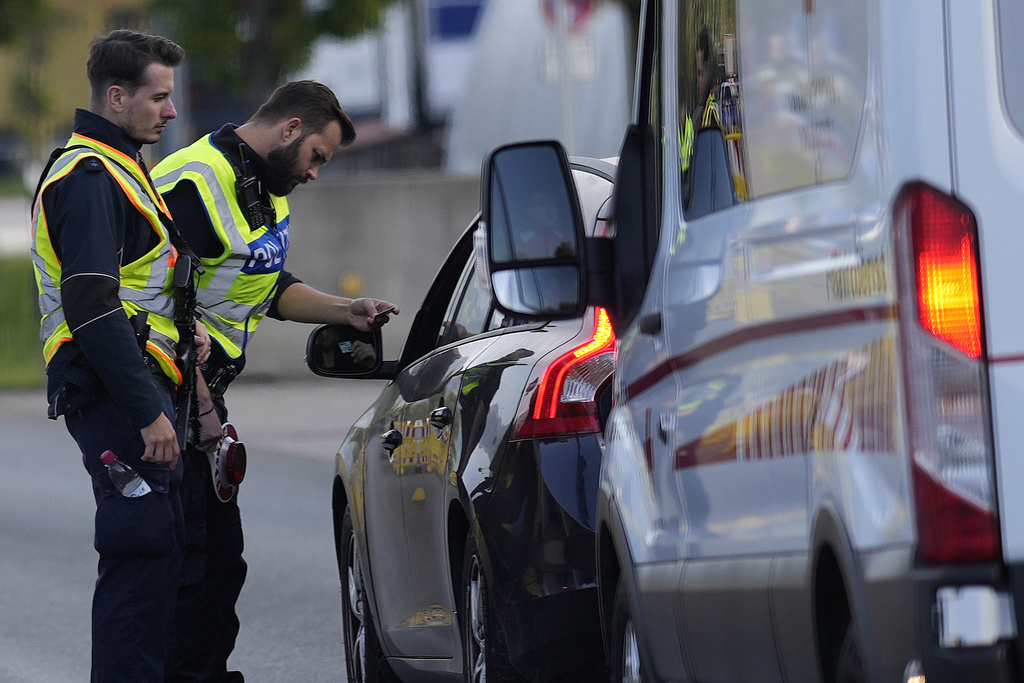On Oct. 16, Germany began enforcing previously announced border controls aimed at curbing illegal migration and human trafficking across the border with Poland. Despite initial plans for these controls to be temporary, lasting two months, Germany has started extending them, now even up to 20 days at a time.
Now, Germany is demanding to move these checks onto Polish territory. While it might seem a minor change whether uniformed officers check for illegal immigrants 200 meters further or closer — after all, both countries are in the Schengen Area and illegal immigration is a common issue shared among European countries — it nevertheless raises substantial concerns.
The journalist from Polish news outlet Biznesalert.pl, Aleksandra Fedorska, delved deeper into the matter and discovered a specific position from German premiers dated Nov. 6:
[pp id=96675]
“If neighboring states allow, the checks will be conducted on their territory and used for deportations. Poland has not consented to this. If consent were given, in the event of deporting migrants, Poland would be the country responsible for determining the member state accountable for conducting the asylum procedure,” she wrote.
Germany acknowledges that immigrants detained on Polish territory — on the Polish side of the border with Germany — would become Poland’s problem while their origins and status are checked. Poland would be obligated to provide accommodation, food, and ensure they do not escape.
This essentially amounts to a relocation of immigrants in a subtle manner — without distributing newcomers according to EU officials’ guidelines, but by simply keeping them outside of Germany, which is the goal of relocation.
Should potential Prime Minister Donald Tusk agree to this scenario, Poland would face another challenge. According to German data, over 90,000 immigrants annually infiltrate Germany, mainly through the Balkan and Belarusian routes. Contrary to the falsehoods of Polish liberal media, most do not pass through the barrier on our eastern border but through Lithuania, Latvia, and even Ukraine, with a separate route from Bulgaria, Serbia, Hungary, Slovakia, and Poland.
If Germany were to conduct its control operations on Polish territory, it would not only establish a precedent for the introduction of German police officers into our country but also confront the Warsaw government with a dilemma: Should it demand similar actions from Lithuania and Slovakia?
A slight shift in border checks by a few hundred meters could trigger a domino effect in migration policy and tensions in Central and Eastern Europe — all because Berlin does not want to bear the cost of its own flawed “open door” policy towards migration from outside Europe.





